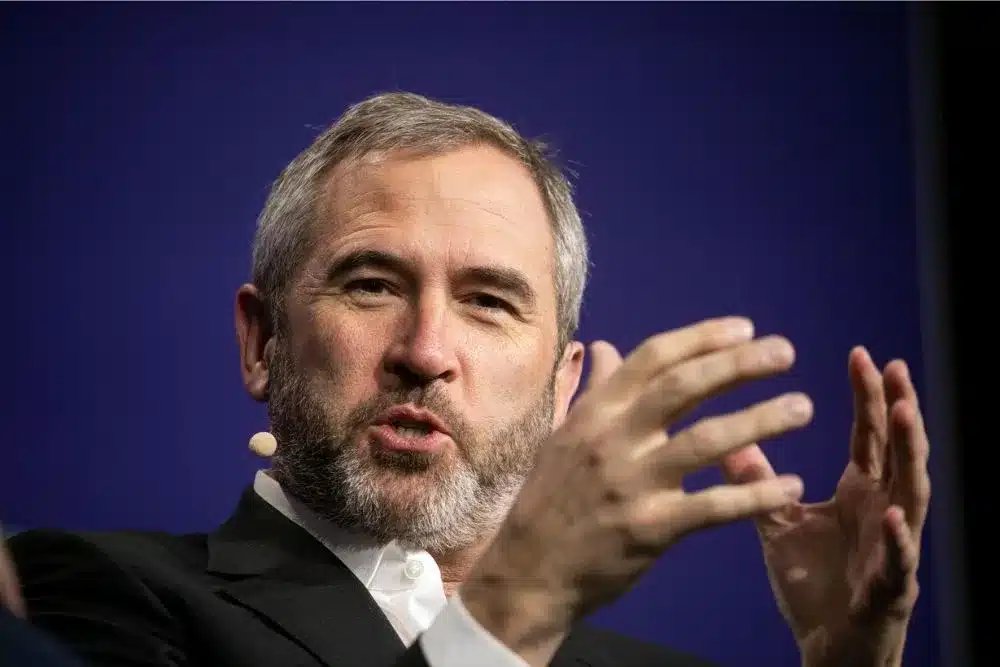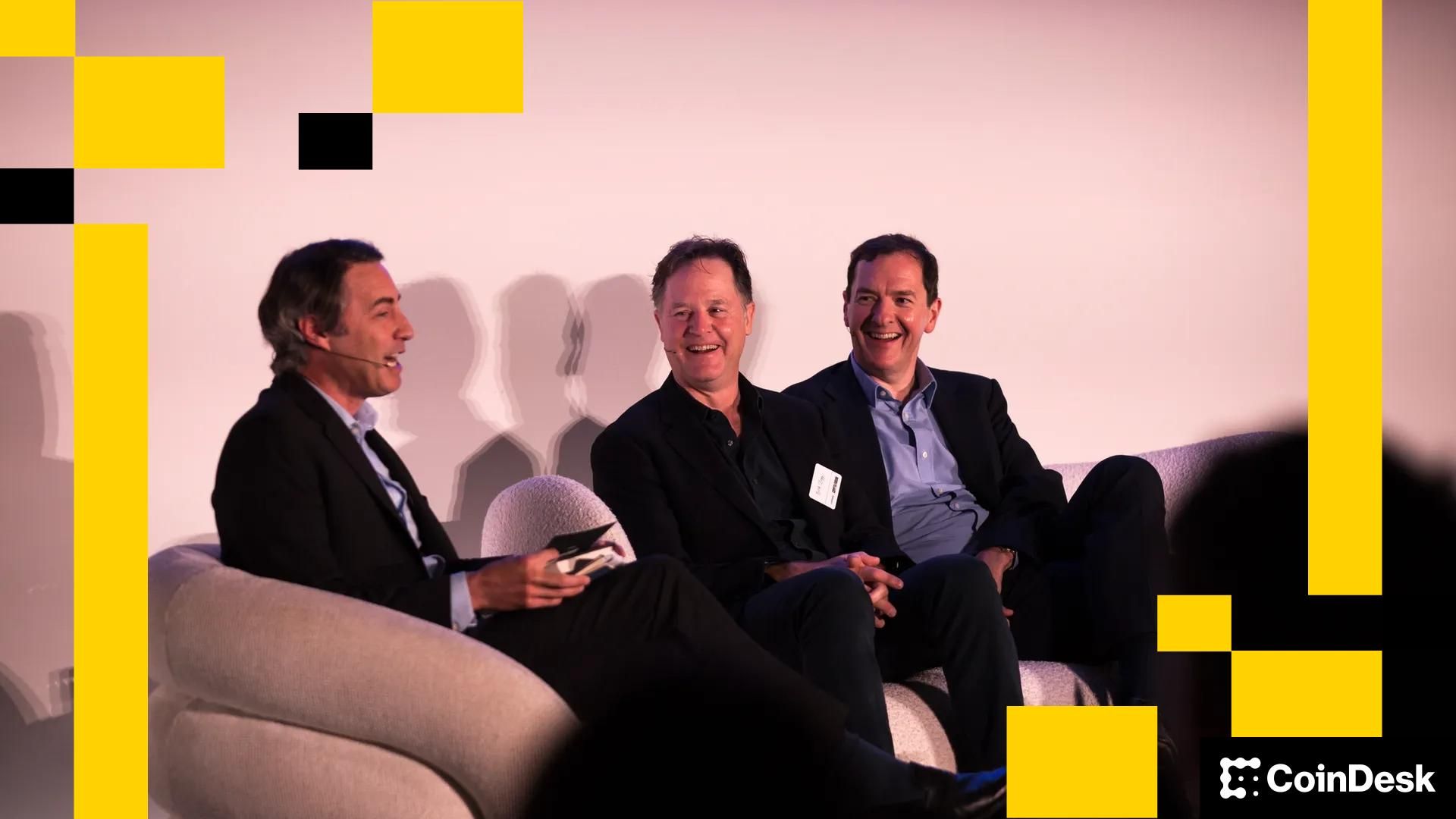UK Chancellor points BoE to target inflation in November budget
Rachel Reeves told the Bank of England that her November budget will focus on fighting inflation, after the Bank decided to keep interest rates at 4%.
The Chancellor said inflation is still too high and confirmed that Cabinet ministers had been asked to work with their departments to figure out new actions that could help bring costs down.
“The prime minister and I recognize that we must do everything in our powers to keep costs down and lower them,” Rachel wrote in a formal letter to Governor Andrew Bailey, which was required because inflation is more than one percentage point above the Bank’s 2% target.
The UK’s inflation rate is currently at 3.8% and expected to hit 4% by next month. That prediction came from the Bank’s own forecasts. The interest rate decision was made by the Monetary Policy Committee, where seven of the nine members voted to hold the rate at 4%.
Two members voted for a cut to 3.75%, showing some internal disagreement but not enough to move the needle. The UK now holds the second-highest interest rate in the G7, right behind the United States.
Rachel faces backlash over tax hike and wage policy
Rachel has faced heavy criticism over last year’s budget, where she raised payroll taxes by £26 billion and increased the minimum wage. Businesses say they were forced to raise prices to stay afloat and warned her not to push more costs onto them in November.
The Bank of England said the rise in inflation was being driven by food prices and other regulated costs like water bills and the Vehicle Excise Duty. In his letter, Bailey told Rachel that the effect of the tax hike was still being felt, writing:
Rachel is reportedly reviewing a plan to cut VAT on household energy from 5% to zero, which could be included in the upcoming budget. That’s according to the Sunday Times. The goal is to reduce the burden on consumers and prevent further price spikes.
But the Bank is worried that food inflation — currently at 4.8% — is sticking around too long. The concern is that price increases in essential goods could feed into wage demands, triggering second-round effects that keep inflation high.
Rachel, however, said in her letter that she believes the current jump in inflation is temporary and told Bailey she understands the reasoning behind his outlook. “Low and stable inflation is essential for long-term economic growth and sustained increases in living standards,” she wrote.
BoE slows bond sales as mortgage pain grows
The decision to hold interest rates is a major blow to homeowners, especially those on variable-rate mortgages or those about to exit fixed deals. The expectation of lower monthly payments just got pushed further out.
Bailey explained the move by saying, “We are not out of the woods yet,” and warned that “any future cuts will need to be made gradually and carefully.”
Another big development was the Bank’s move to slow down the pace of quantitative tightening. The Bank had been reducing its balance sheet by selling off £100 billion worth of UK government bonds each year.
That number is now being lowered to £70 billion. This means fewer auctions of long-term UK debt. Bailey said this change was made to help bring inflation down “while minimising the impact on gilt markets.”
This entire back-and-forth came after the Bank released its forecast showing inflation moving further away from the 2% target. Rachel responded by promising to include fresh anti-inflation measures in the November budget. She said the government is looking for solutions now, not later. “We have asked Cabinet to work with their officials to look at what further action can be taken ahead of the budget in November,” she wrote.
Don’t just read crypto news. Understand it. Subscribe to our newsletter. It's free.
You May Also Like

Ripple CEO: “SWIFT Created a Monster by Pushing Us Out” – XRP Army Reacts

Central Bank of Ireland Fines Coinbase $24.6M for Anti-Money Laundering Failures
